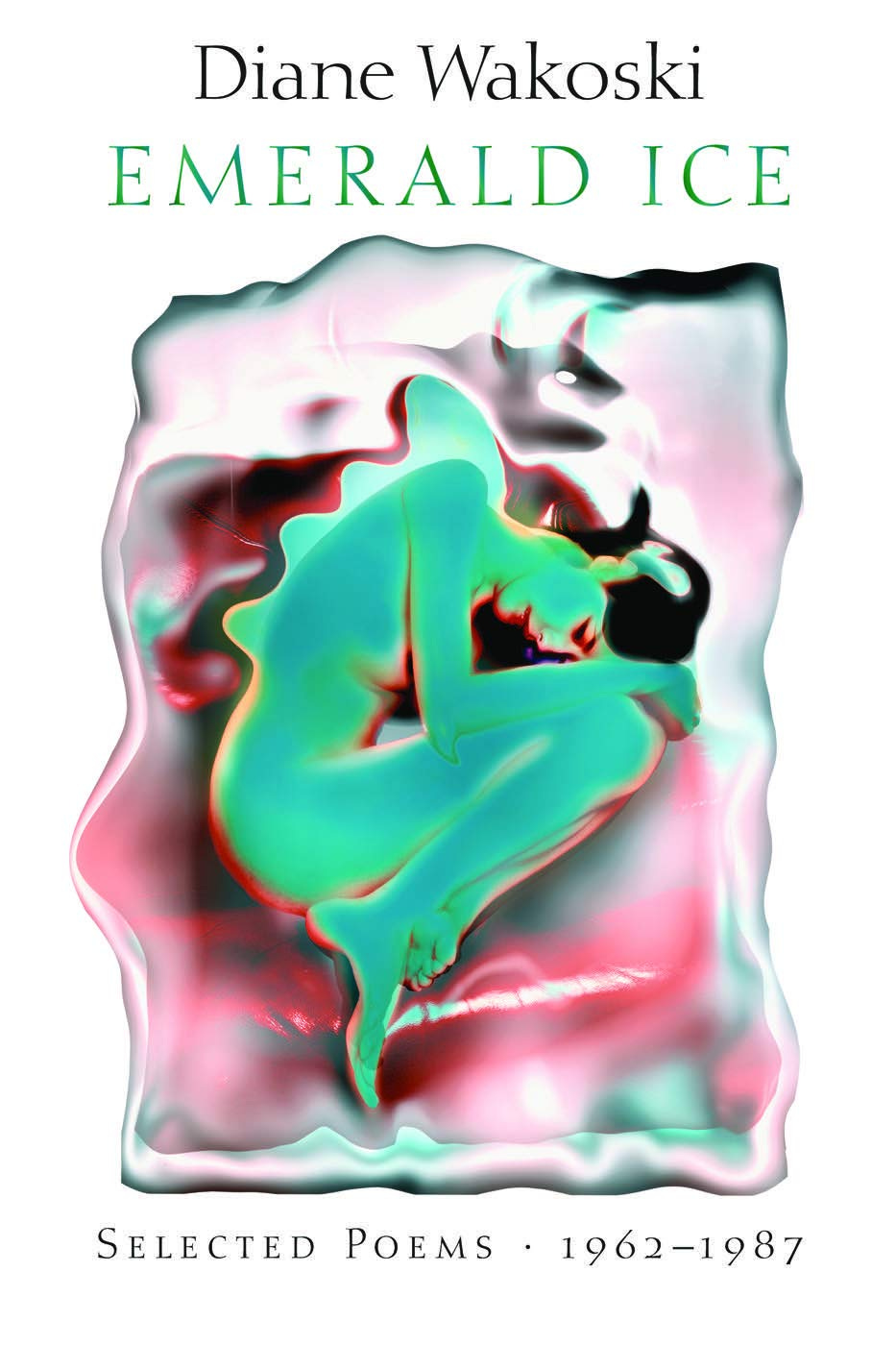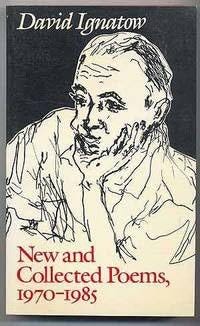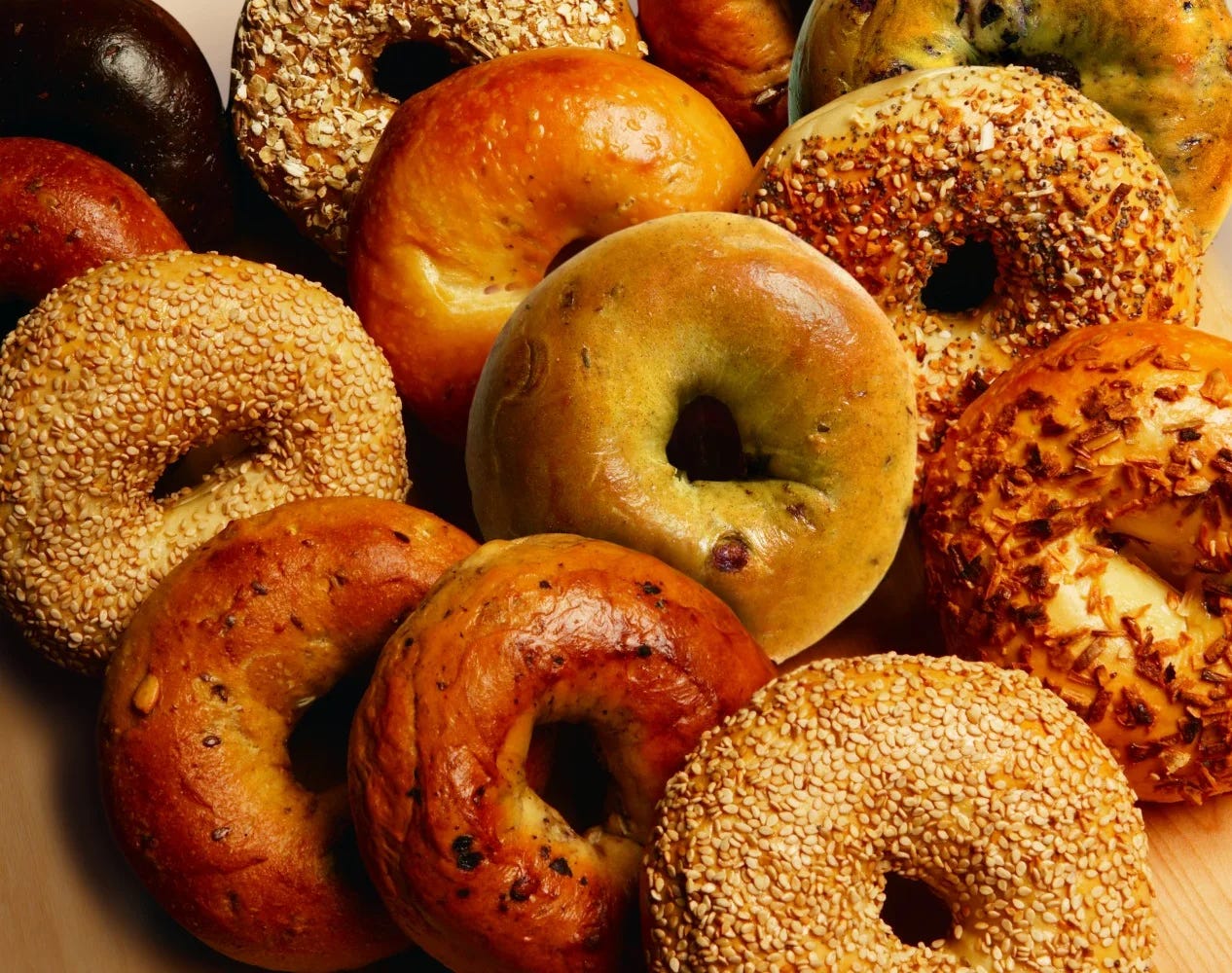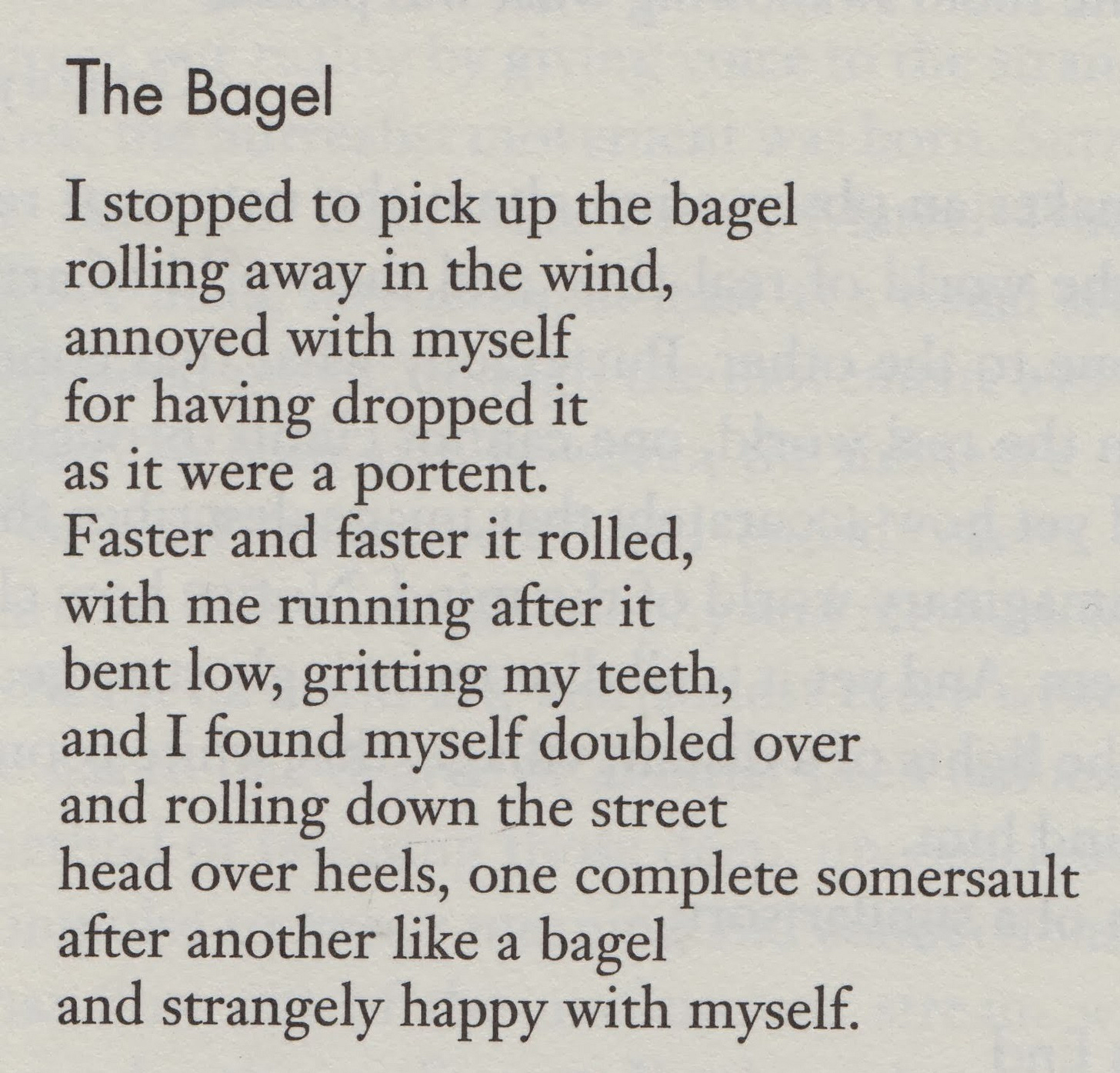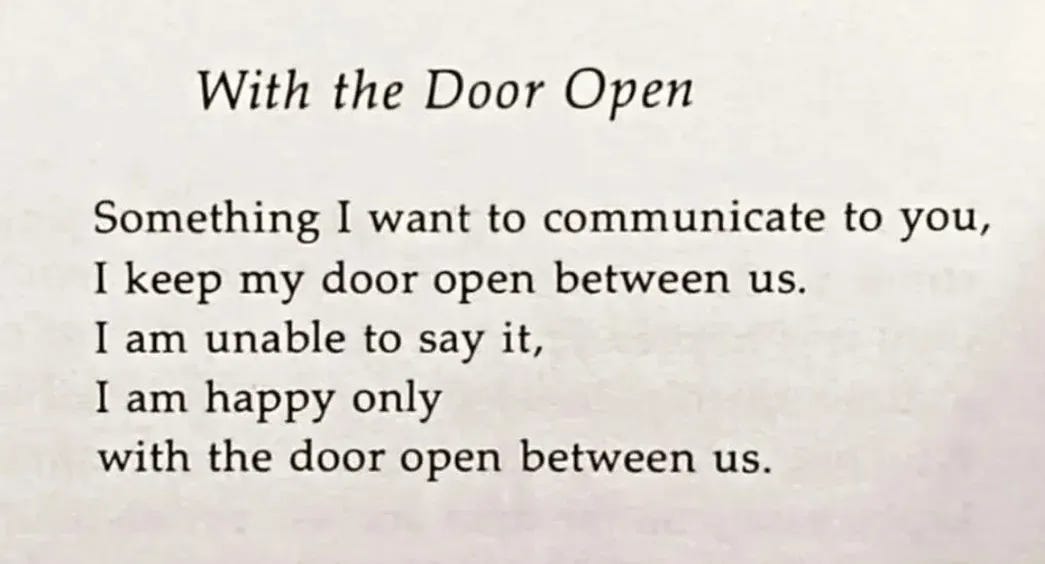Coffee & Bagel Poems
Letting Diane Wakoski lead me back to David Ignatow, surprising poet of happiness.
When I was a child, I read a lot of Diane Wakoski’s poetry, probably because the local library had lots of it. I remember thinking that Wakoski must be the most important poet in America—because she had perhaps 15 collections at the library, and other poets had one or two. The library kept getting more and more Wakoski; she wrote more than 60 books of poetry and prose in all, and I kept reading it.
And though I haven’t read Wakoski in years, a line she had about her mother skipping cream in her coffee and working in awful jobs so that her daughter could take piano lessons always stuck with me, and it returns to me often.
Here is a bit of Wakoski’s lovely and moving “Thanking My Mother for Piano Lessons,” which appears in Emerald Ice: Selected Poems 1962-1987 (David R. Godine/ Black Sparrow Press.) I am lucky to have a mother who insisted I take piano lessons—so even as a child, Wakoski’s gratitude for the constant financial sacrifice this musical education required resonated with me, even though my mother worked in classrooms and not in water companies:
I want to thank my mother
for working every day
in a drab office
in garages and water companies
cutting the cream out of her coffee at 40
to lose weight, her heavy body
writing its delicate bookkeeper’s ledgers
alone, with no man to look at her face,
her body, her prematurely white hair
in love
I want to thank
my mother for working and always paying for
my piano lessons
before she paid the Bank of America loan
or bought the groceries
or had our old rattling Ford repaired.
That rattling Ford! You can tell that Wakoski lived through it all, and you can read the entire poem here: Thanking My Mother for Piano Lessons | The Poetry Foundation It can be found, as well, in Emerald Ice, her selected poems.
I found myself talking about Wakoski the other day in response to a songwriter student’s question about poetry that tells stories. No one in the room had heard of Wakoski, and a bit of Googling led me to, of all things, Wakoski praising the short poems of David Ignatow.
David Ignatow!
He’s an example of a prolific Jewish poet who is almost never taught these days. (I managed to get three degrees without anyone mentioning him.) But here is Wakoski, making a case for Ignatow as a poet of the people, especially people who, as Donna Summer once sang, “work hard for the money”:
“The poems of David Ignatow are wry, they are about ordinary working life, and yet they are continually overlaid with a wisdom that is not so much from experience as from courage and intelligence,” Wakoski wrote in The New York Review of Books in a fantastic essay in 1971 titled “Working Poet”.
And a warning: The first paragraph includes the line “I will not cater to narrow minds on the subject of poetry.”
Anyway, this Wakoski take on Ignatow says plenty:
“His life, as an urban Jewish bankrupt businessman living through an economic depression, not having enough money to go to college, having a son confined to a mental institution for life, living around petty and stupid people, and having to moonlight at night on depressing jobs such as admissions attendant in a hospital, gives a kind of wicked desperation to the brevity, the wit of the poems. He seems to be saying: “By God, I’m going to stick out this miserable life and find something to love in it somehow.” "Working Poet" -- Diane Wakoski's essay on David Ignatow
I always liked Ignatow, and so I found myself searching for the short poems Wakoski recommended back in 1971. I figured I would share three of them with you.
First, in case you, like me, are starting off your week with a bagel—here is a short poem about something many of us have experienced.
Many of us have dropped what we were eating, or about to eat. But in Ignatow’s hands, it becomes a meditation on annoyance and pleasure, or annoyance and self-satisfaction….themes that repeat throughout his long career.
The best part of “The Bagel,” I think, is the surprising last line. And since we all need a little more happiness, always, here is another short poem, linked to the first only by the subject of happiness.
This poem is Ignatow navigating the connection between two people. But he is most haunting when he is talking to himself about himself.





